*****************************************
Homily on “The Joy of the Gospel and Being Fishers of Souls” based on the Gospel reading (Mt. 4:12-23) for the 3rd Sunday in Ordinary Time:
Click on the link below to listen to the audio of the homily:
http://stcatherinevallejo.org/wp/2014/01/26/homily-on-the-joy-of-the-gospel/
Here’s the text:
Again - to be clear – this season of ordinary time does not have to do with things ordinary versus extraordinary. But this has to do simply with the numbering of the weeks of the year… ordinal weeks… and in that sense we are in ordinary time… but there is never anything ordinary about the message of the Gospel.
Jesus is clear - “This is the time of fulfillment – Repent! The Kingdom of Heaven is at hand.”
It is always a time of fulfillment. God is always acting, always leading, always calling us and we must always be ready to respond – always ready to follow where He leads us – always ready to serve…. with flexibility – with openness – with trust in God’s grace to strengthen us, to lead us and to save us. In other words, we cannot take a break from being a disciple of Christ.
We must not make the mistake of dividing life into the sacred and the secular… between ordinary and extraordinary… The truth is - with Christ, there is no such thing as an ordinary life.
All of life is sacred when it is touched by the presence and power of Christ. You do not have to quit your job and leave everything to follow Christ. You can do that right where you are, regardless of your status in life. It has nothing to do with how you make your living; it has everything to do with how and why you live.
As St. Paul said: “And whatever you do, in word or in deed, do everything in the name of the Lord Jesus, giving thanks to God the Father through Him.” (Colossians 3:17)
… and so we can say we are no longer just catching fish, or planting crops, or sweeping floors, or just selling clothes or just washing dishes. Whatever we’re doing, we’re in business with God; we’re following Christ… and always has something to do with service… dying to self – dying to self-centeredness – dying to self-absorption.
Making money is okay but if your primary consideration is yourself - it very soon turns to greed. Having fun is all right, nothing wrong with having a good time; but if all that matters is the entertainment of self, it opens the door to moral decline.
In the Gospel, Jesus gave Peter and Andrew, James and John something better to live for - than self. They were still fishermen, but they had a higher purpose when they decided to follow Jesus. He will do the same for any of us who has the courage to follow Jesus… leading us to fullness of life and joy.
On that note - I will share excerpts from Pope Francis’ Apostolic Exhortation – The Joy of the Gospel – addressed not only to the bishops, clergies, and consecrated persons but very importantly - to all the Lay Faithful – us.
- powerful challenging words of The Exhortation – which points to a problem, gives a diagnosis of the problem, and offers a solution filled with joyful hope.
What is the Problem? The Pope says that the Great Problem is the almost complete lack of missionary zeal on the part of Catholics… because of people’s lack of knowledge - lack of awareness of the apostolic character of the Catholic faith by the great majority of Catholics – who forgot that we are the People of God- the Beloved Sons and daughters of God - “holy, catholic, and apostolic Church” and that we are all also called to be Fishers of Souls… to fish people out of darkness, hatred, violence, guilt into God’s wonderful marvelous life.
So - Why do Catholics NOT share their faith and NOT lead others to Christ? The Pope says: Catholics lack joy: because if we have joy, then no one needs to tell us to share and spread the faith, as we will do so naturally and spontaneously, the same way that we share anything that we are passionate about.
This lack of joy is because of lack of deep spirituality which turns into pessimism, fatalism, and mistrust. Some people do not commit themselves to mission or do not proclaim the Good News because they think that nothing will change and that it is useless to make the effort. They think: “Why should I deny myself my comforts and pleasures if I will not see any significant result anyway?” This attitude makes it impossible to be a missionary. It is only but a malicious excuse for remaining caught up in one’s comfort, laziness, vague dissatisfaction and empty selfishness. It is a self-destructive attitude, for “man cannot live without hope: life would become meaningless and unbearable”.
If we think that things are not going to change, we need to recall that Jesus Christ has already triumphed over sin and death. Jesus Christ truly lives. The Gospel tells us that when the first disciples went forth to preach, “the Lord worked with them and confirmed the message” (Mk 16:20). The same thing happens today. We are invited to discover this, to experience it. Christ will not deprive us of the help we need to carry out the mission which He has entrusted to us.
We need to realize that Christ’s resurrection is not an event of the past. Where all seems to be dead, signs of the resurrection suddenly spring up. Often - it seems that God does not exist: all around us we see persistent injustice, evil, indifference and cruelty. But it is also true that in the midst of darkness something new always springs to life and sooner or later produces fruit.
However dark things are, goodness always re-emerges and spreads. Each day in our world - beauty is born anew. Human beings have arisen time after time from situations that seemed doomed. Such is the power of the resurrection, and all who evangelize are instruments of that power. People do not realize that.
So, Pope Francis proposes this solution to this lack of joy and lack of deep spirituality and therefore lack of missionary zeal among Catholics:
He says: “I invite all Christians, everywhere, at this very moment, to a renewed personal encounter with Jesus Christ (meaning – having our own personal intimate relationship with Christ and not just going through the motions as Catholics), or at least an openness to letting Him encounter them; I ask all of you to do this unfailingly each day. No one should think that this invitation is not meant for him or her, since “no one is excluded from the joy brought by the Lord”.
The Lord does not disappoint those who take this risk. Whenever we take a step towards Jesus, we come to realize that He is already there, waiting for us with open arms. Now is the time to say to Jesus – the Pope leads us in this prayer: “Lord, I have let myself be deceived; in a thousand ways I have shunned your love, yet here I am once more, to renew my covenant with you. I need you. Save me once again, Lord, take me once more into your redeeming embrace”.
The Pope continues: “How good it feels to come back to the Lord whenever we are lost! Let me say this once more: God never tires of forgiving us; we are the ones who tire of seeking His mercy. Time and time again He bears us on His shoulders. No one can strip us of the dignity bestowed upon us by this boundless and unfailing love.”
“With a tenderness which never disappoints, but is always capable of restoring our joy, He makes it possible for us to lift up our heads and to start anew. Let us not flee from the resurrection of Jesus, let us never give up, come what will. May nothing inspire us more than His life, which impels us onwards!”
It is the Risen Christ who tells us, with a power that fills us with confidence and unshakeable hope: “Behold, I make all things new” (Rev 21:5).
My brothers and sisters in Christ, we will find our joy when we proclaim and share this Good News and bring others to Christ.
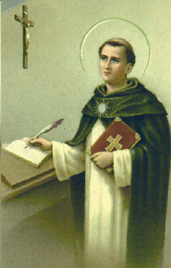
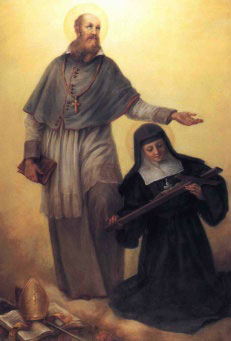
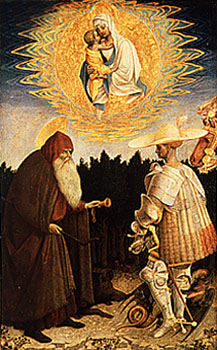
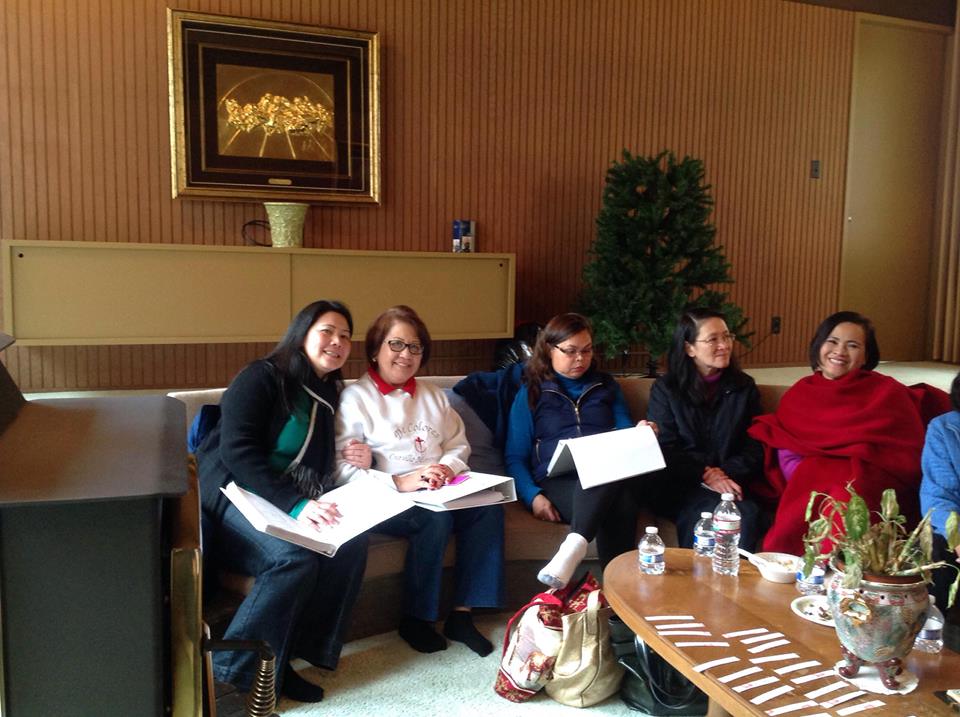
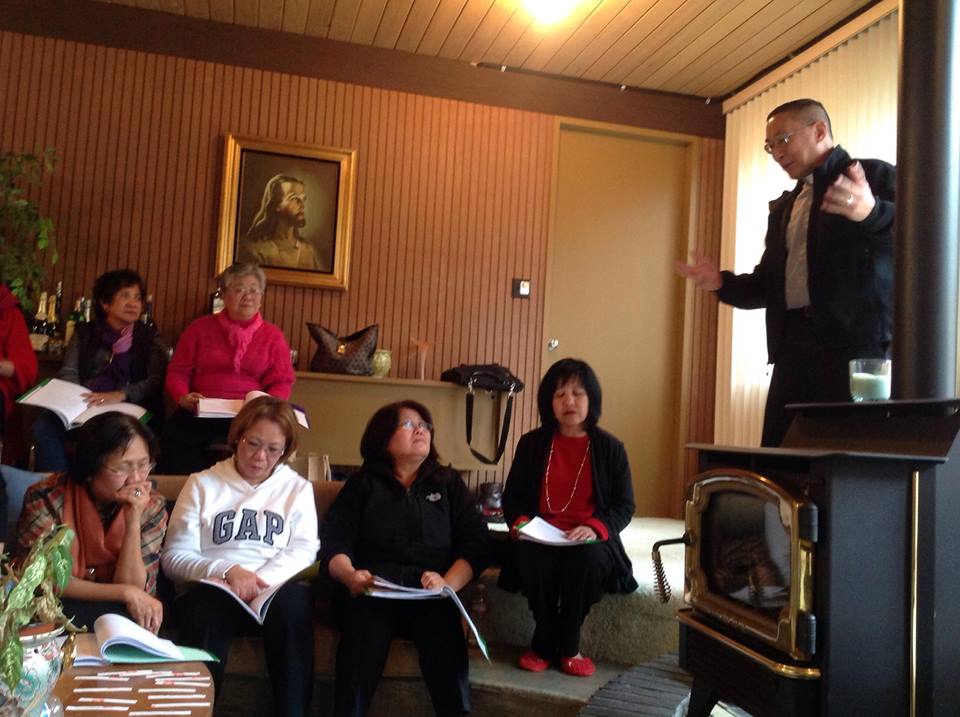
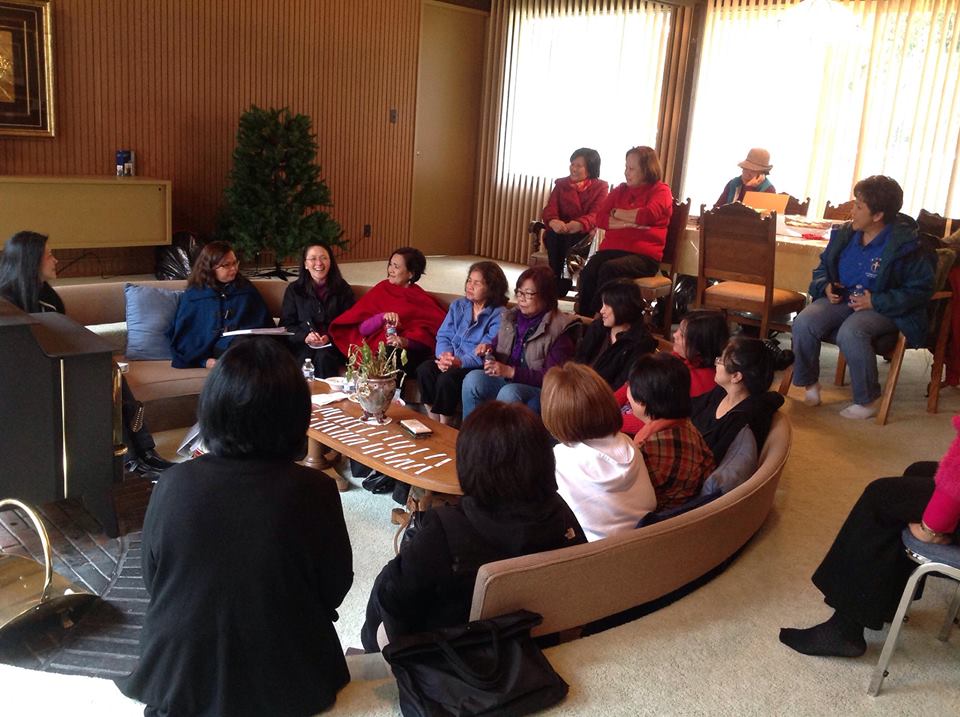
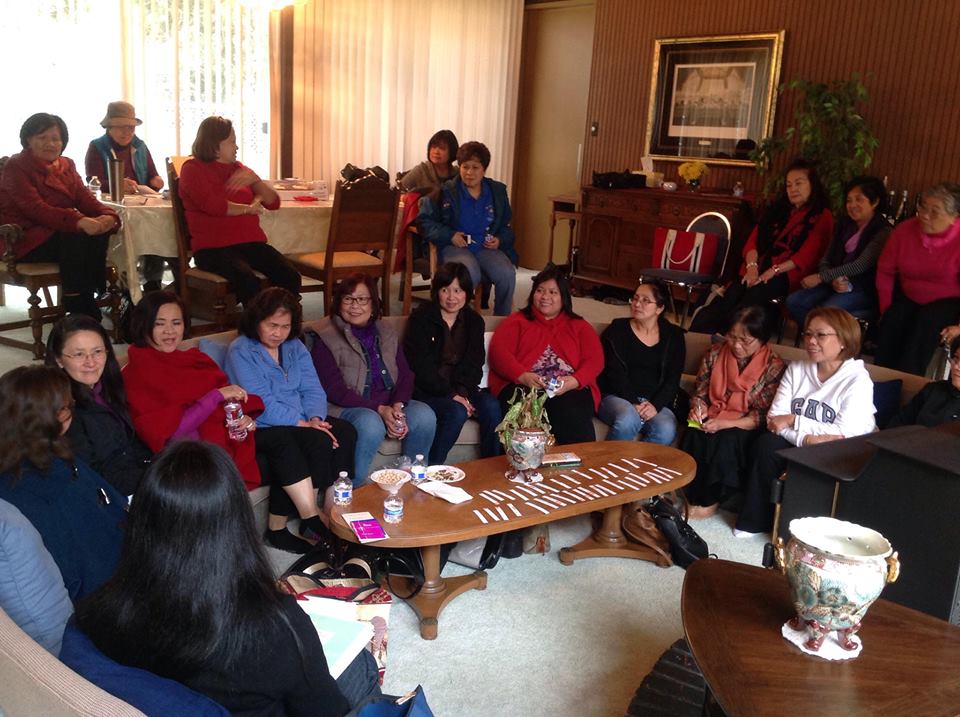
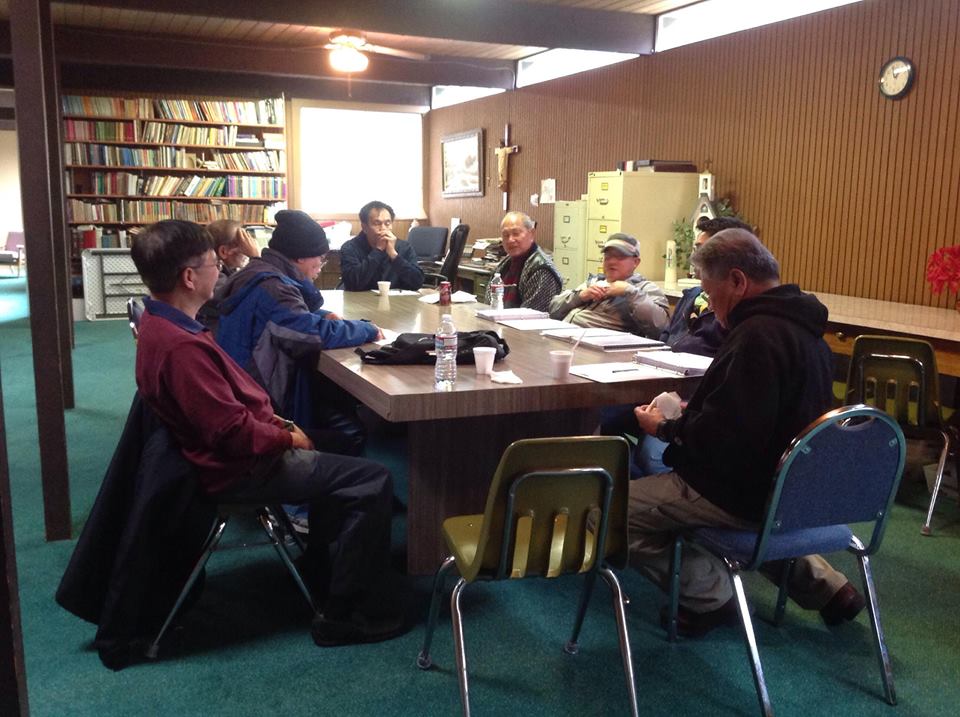
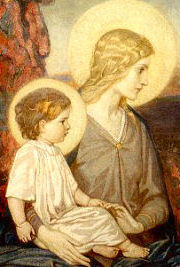
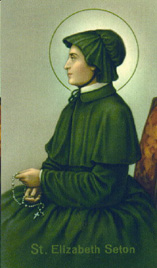
 RSS Feed
RSS Feed
